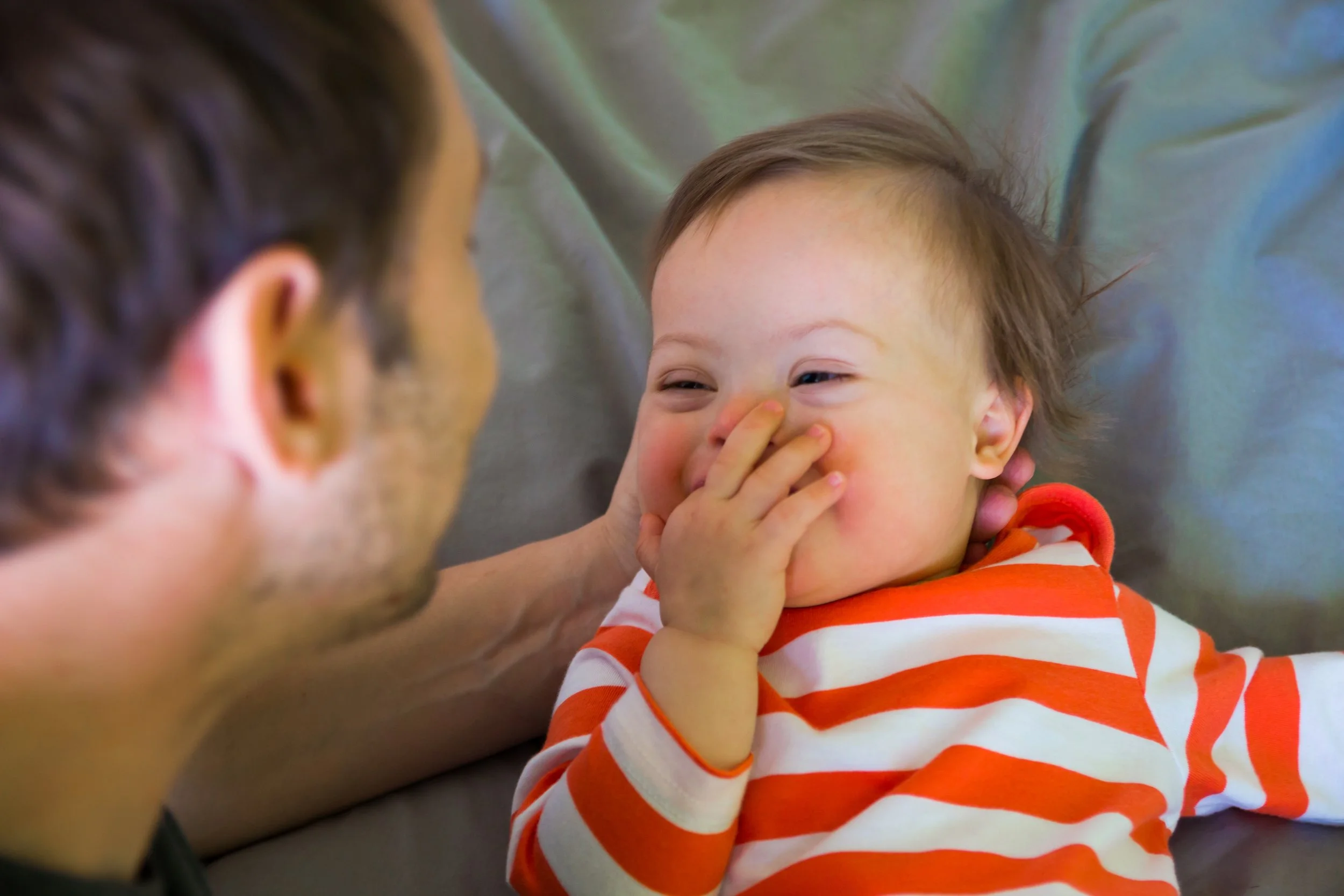The Power of Play: Brain Development in the First Year
The first year of a baby's life is a period of incredible growth and development. During this time, their brains are rapidly forming connections and laying the foundation for future learning and behaviour. While many factors influence brain development, one of the most crucial and often overlooked is play.
In this blog, we'll explore the importance of play in the first year of life and how it contributes to healthy brain development, supported by evidence from neuroscience and child development research.
Play as Brain Building Blocks: Play is not just a frivolous activity; it is the primary way in which babies learn about the world around them. Through play, babies engage their senses, explore cause and effect, and begin to understand concepts like object permanence. Play is essential for the development of cognitive, social, emotional, and physical skills in infants.
Stimulating Neural Connections: When babies play, their brains are hard at work making new connections between neuron's. These neural connections form the basis for all future learning and behaviour. For example, when a baby reaches for a toy and grasps it, neurons in their brain fire (it looks like fireworks going off on a brain scan!) strengthening the pathways associated with motor skills and hand-eye coordination.
Language Development Through Play: Play also plays a crucial role in language development. Simple games like peek-a-boo or singing nursery rhymes help babies learn the rhythm and sounds of language. Studies have shown that babies who engage in more playful interactions with caregivers tend to have larger vocabularies and better language skills later in life (for more information on language development click here).
Social and Emotional Development: Beyond cognitive development, play is essential for nurturing social and emotional skills in babies. Through play, babies learn to regulate their emotions, take turns, and cooperate with others. Playful interactions with caregivers also foster secure attachment bonds, which are crucial for healthy social and emotional development.
Types of Play for Babies: Play comes in many forms, and each type offers unique benefits for baby brain development. For example:
Sensory Play: Activities that stimulate the senses, such as playing with textured toys, exploring different materials, smelling different herbs, all help babies make sense of the world around them.
Motor Play: Encouraging babies to move and explore their surroundings helps develop gross and fine motor skills, floor play is essential for under one’s.
Social Play: Interactive games with parents promote social skills and emotional regulation.
Imaginative Play: Even in the first year, babies engage in simple imaginative play, such as pretending a toy is a phone or babbling to themselves in "conversation."
The Role of Parents and Caregivers: Parents and caregivers play a crucial role in facilitating play and supporting healthy brain development in babies. Providing a safe and stimulating environment, offering age-appropriate toys and activities, and engaging in responsive interactions are all important ways caregivers can promote play (for more information on responsive play see how responsive parenting course).
Balancing Structured and Unstructured Play: While structured activities like baby gym classes or music sessions can be beneficial, it's also important to allow time for unstructured, child-led play. This type of play encourages creativity, problem-solving, and independence even under one!
In the first year of life, play is not just fun; it's fundamental to healthy brain development. By understanding the importance of play and providing opportunities for babies to explore, experiment, and engage with their environment, parents and caregivers can lay a strong foundation for lifelong learning and well-being. By integrating play into daily routines and interactions, parents and caregivers can maximise the potential for healthy brain development in babies during their critical first year of life.

